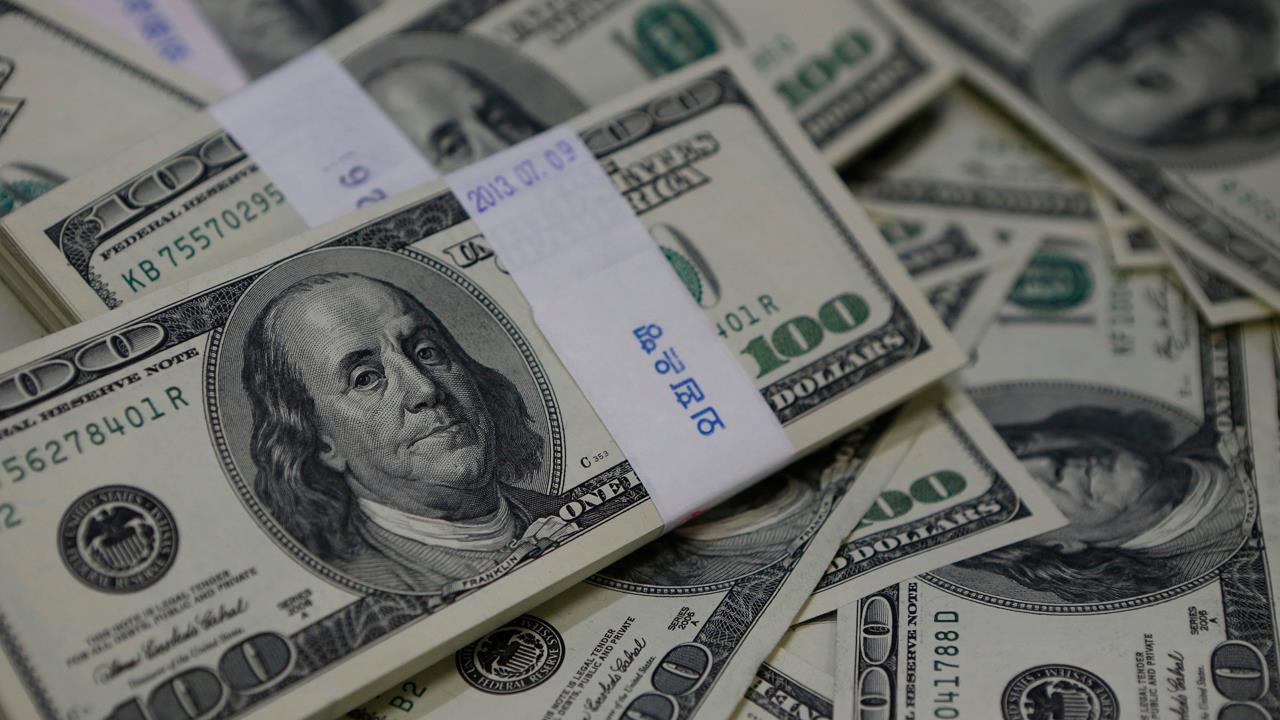Trump slaps China with tariffs worth $50B
The Trump administration announced new tariffs, valued at $50 billion, on Chinese goods Thursday, targeting 1,300 items.
"We have a tremendous intellectual property theft situation going on, which likewise [costs us] hundreds of billions of dollars, and that’s on a yearly basis," Trump said during a press conference, adding that the tariffs could end up being as high as $60 billion.
The list reflects the high technology items in the U.S. that have been targeted by China as part of its “Made in China 2025” campaign, an initiative aimed at upgrading the country’s industry.
The $50 billion figure is significantly higher than the initial $30 billion proposed by U.S. Trade Representative Robert Lighthizer. Senior White House officials said they calculated this final figure by taking into account the amount of profits lost by U.S. companies when they are forced to enter joint ventures in China.
Meanwhile, senior White House officials also addressed the $370 billion trade deficit with Beijing, alleging it results in a loss of 2 million jobs in the U.S., while China gains 2 million new positions.
A full list of proposed items that will be subject to the tariff will be released within 15 days of President Donald Trump signing the order.
In addition to tariffs, the administration will impose investment restrictions on China and file a case with the World Trade Organization.
These actions are the result of a trade investigation, which found that China conducts cybertheft from U.S. companies, that U.S. companies are given less favorable licensing terms in the country and that China uses state ownership requirements to transfer intellectual property.
The Trump administration hopes imposing tariffs will force China to change these intellectual property practices and other unfair trading practices. The U.S. government alleges that Beijing steals billions of dollars’ worth of company secrets and proprietary technology each year.
Though U.S. Commerce Secretary Wilbur Ross said on Thursday that it is impossible to know whether any country would retaliate against the U.S. for imposing tariffs, many experts agree that China will likely push back by levying its own duties on American products.
“China is very likely to retaliate, strategically, against industries that conceivably can bring some weight to bear on Trump,” Dan Ikenson, director of the Cato Institute's Herbert A. Stiefel Center for Trade Policy Studies, told FOX Business.
Industries that are potential targets include U.S. agriculture and airplane manufacturers.
Owing to the interdependence of the U.S. and Chinese economies, Ikenson said it is likely that consumers will ultimately end up paying the price for the U.S. tariffs.
“There is a lot of U.S. value added in Chinese products, which means that imposing tariff on imports from China is equivalent to imposing taxes on those U.S. companies,” he noted. “It's difficult to imagine how the U.S. economy isn't hurt by Trump’s tariffs.”
Meanwhile, Marc Scribner, senior fellow at the Competitive Enterprise Institute, told FOX Business that a back-and-forth tariff tiff could have ripple effects impacting consumers beyond the U.S. and China.
“I think the ultimate effect is that this is going to raise prices not just on American and Chinese consumers and businesses, but it’s going to have … these second-order effects and hurt a much broader base,” he said. “There’s certainly not going to a net benefit of this.”
The administration is however hoping these tariffs will serve as a negotiating tactic, with Ross saying on Thursday that he believes the U.S. "will end up negotiating these things rather than fighting over them."




















